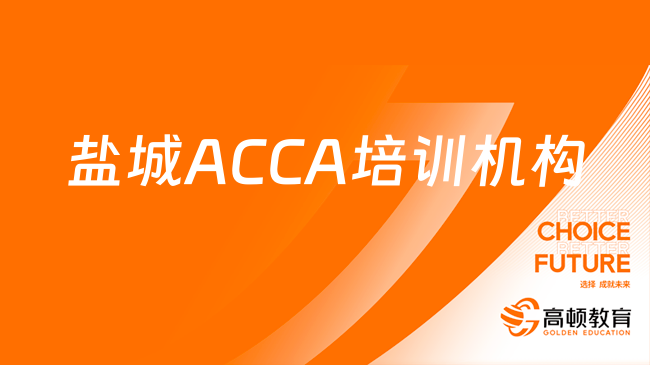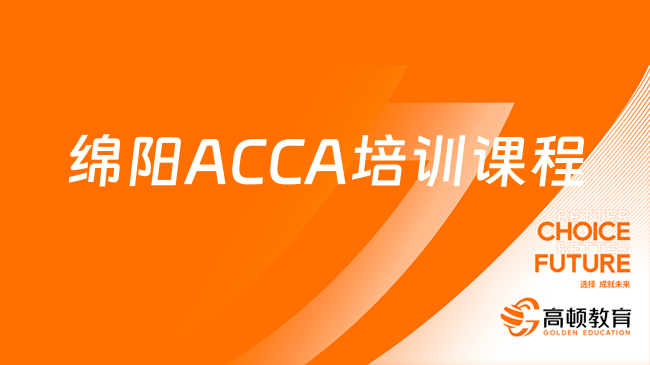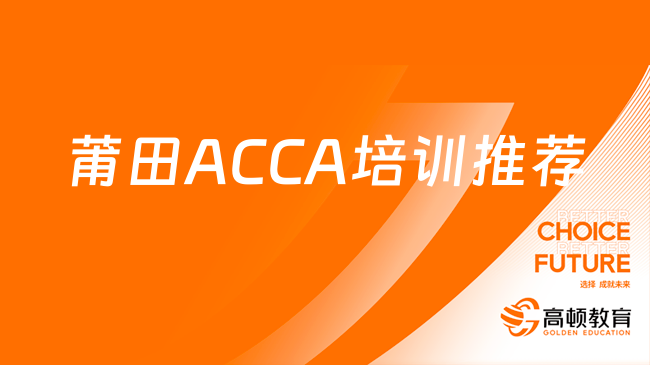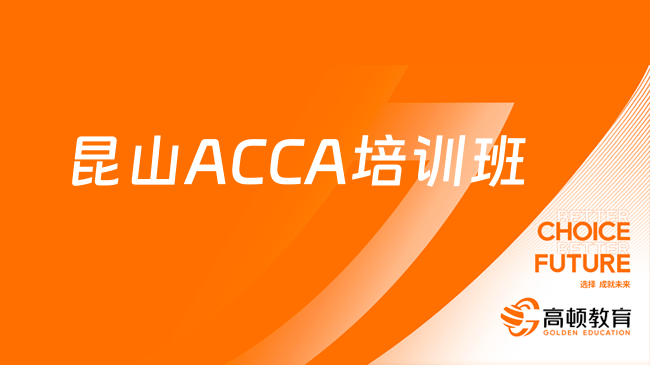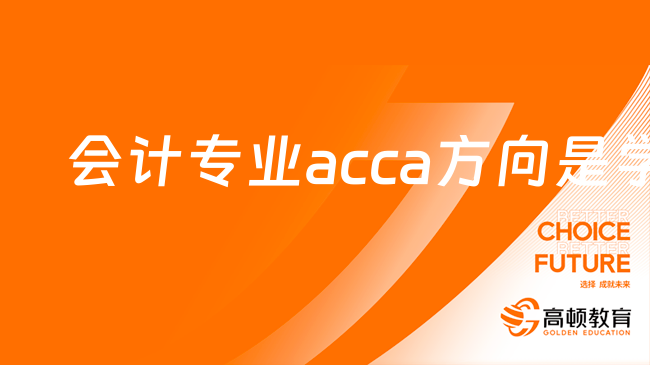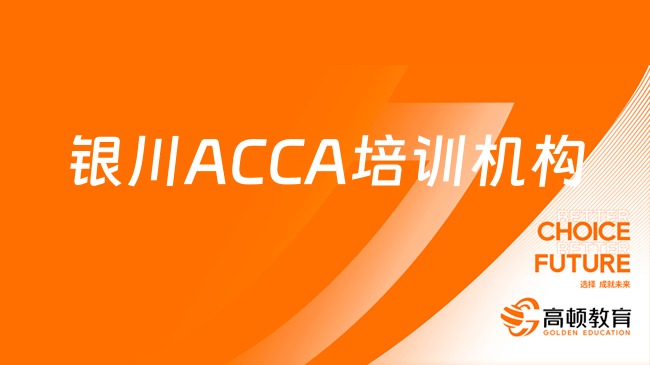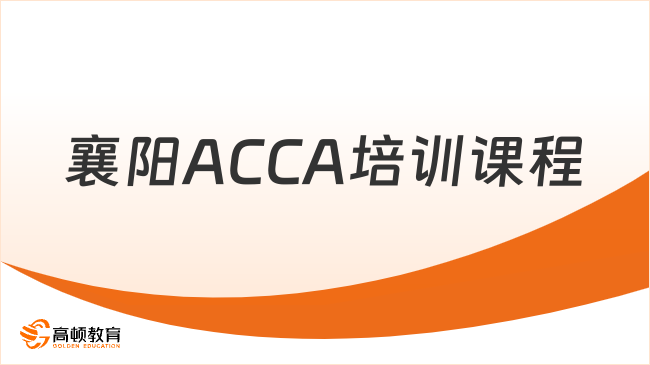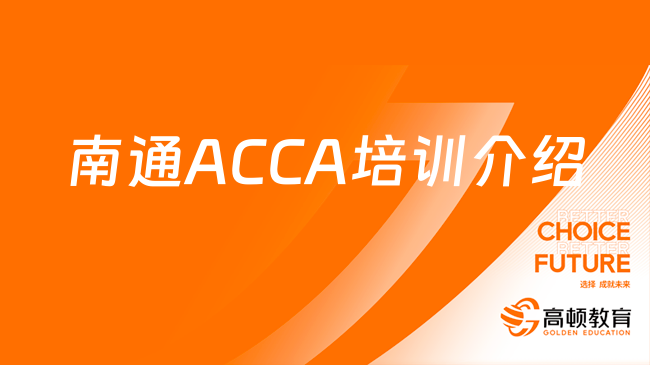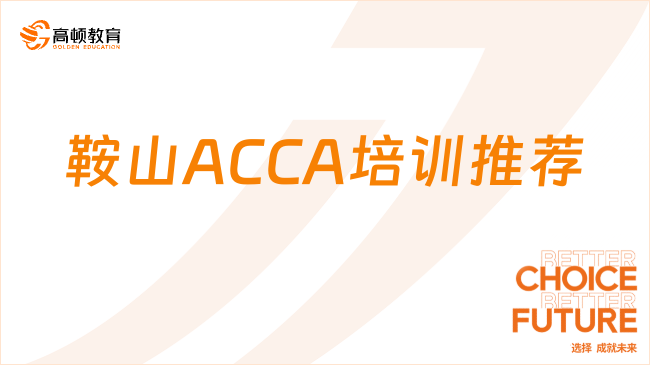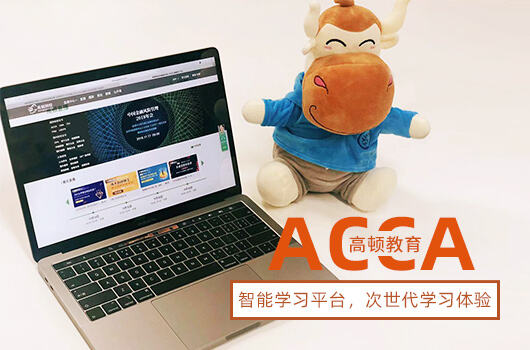怎么准备ACCA考试P5《高级业绩管理》
来源:
高顿网校
2015-09-10
高顿网校小编带来了如何准备ACCA考试中最磨人的P5科目,赶紧马起来。
Here are some suggestions how to prepare for Paper P5:
Here are some suggestions how to prepare for Paper P5:
Paper P5 does assume knowledge from Paper F5.
If you did not take Paper F5 (because of the change of syllabus) then you do need to work through the F5 topics (use the Course Notes available on OpenTuition).
If you did take Paper F5, then make sure you revise the topics!
You do not need to work through variances (chapters 12 & 13 of the F5 Course Notes) because P5 does not ask calculations on them.
Transfer Pricing (chapter 17 of the F5 Course Notes) is important in general, but not too likely for the June 2010 exam, because it was asked in December’s exam.
Performance Measurement (chapters 14, 15, 16 and 18 of the Paper F5 Course Notes) is particularly important – something from this is always asked in Paper P5 exams.
Limiting Factors and Pricing (Chapters 6 and 7 of the Paper F5 Course Notes) are very unlikely to be asked in Paper P5.
Risk and Uncertainty (Chapter 9 of the Paper F5 Course Notes) is not something that is often asked in P5, but it has not been asked for a while and so is worth studying for this times exam.
1.There are not many extra ‘learning’ topics for P5. However do work through the P5 Course Notes on OpenTuition – particularly Economic Value Added (part of chapter 8 of the P5 course Notes) and Predicting and Preventing Corporate Failure (chapter 12 of the P5 Course Notes). Note, however, that you cannot be asked numbers questions on Corporate Failure – you can only be asked to discuss it.
2.You will have already have taken the Paper P3 exam (or be taking it this time). Do be aware that he often asks essay parts of questions relating to what you learned for P3, and so do not be frightened of using your P3 knowledge. Chapter 1 of the Paper P5 Course Notes is a short summary of the more important areas from P3.
3.An extremely common question in Paper P5 involves the preparation of profit statements (usually budget and actual) where the arithmetic involved is relatively easy but where there is a lot of information to deal with under time pressure. Do make sure you practice questions of this type (an example is question HLP from the June 2007 exam).
4.Do make sure you have read all the articles from Student Accountant by the examiner – Shane Johnson. He regularly asks questions that are effectively covered by his articles.
5.Do work through as many past exam questions as you can. The examiners style is very consistent, and very many questions are similar to questions that he has asked previously.
Assuming that you have a Revision Kit, then obviously the more questions you attempt the better, but the most important ones are those that are actually past real exam questions (both from Advanced Performance Management, and from the ‘old’ syllabus Performance Management exam – it was the same examiner).
Make sure you can cope with the numbers and that you are fast with the numbers, but also do spend time on the written parts of the questions. There are an awful lot of written marks in the examination and the best way of learning for those parts is to study the examiners answers.
The reason that Paper P5 gives problems for many students is that the examiner assumes knowledge of most of the topics that are examined at Paper F5, although these are not specifically mentioned in the syllabus.
Because of the change in syllabus few years ago, many students have not taken Paper F5 but took Paper 2.4 instead. In addition, many students escaped Paper 2.4 and Paper F5, because they had taken Paper 2.1, which exempted them from Paper F5!!!
Although there is a large written part to the exam, there is also a substantial amount of ‘numbers’.
The best way of preparing for the exam is:
– work through the relevant topics of the Paper F5 syllabus (see below)
– read the Student Accountant articles written by the examiner (Shane Johnson). (He was the examiner under the previous syllabus, and all his articles remain relevant.)
– practice as many questions as possible from BPP or Kaplan Revision Kits (especially those marked as being from previous Paper P5 or (old syllabus) Paper 3.3 examinations).
高顿网校温馨提醒
各位考生,2015年ACCA备考已经开始,为了方便各位学员能更加系统地掌握考试大纲的重点知识,帮助大家充分备考,体验实战,高顿网校开通了全免费的ACCA题库(包括精题真题和全真模考系统),题库里附有详细的答案解析,学员可以通过多种题型加强练习。戳这里进入ACCA免费题库>>>
| ACCA网络课程 | 课程专业名称 | 讲师 | 试听 |
 85%的人正在学习该课程 85%的人正在学习该课程 | ACCA 全维度网课体验课程 实景课堂与独立录制 覆盖所有知识点,根据学习计划推进学习进度 | 高顿名师 |  |
 70%的人正在学习该课程 70%的人正在学习该课程 | ACCA网课全科卡(8.2折) 为零基础刚开始学习ACCA的学员特别定制 | 高顿名师 |  |
精彩推荐:
版权声明:本条内容自发布之日起,有效期为一个月。凡本网站注明“来源高顿教育”或“来源高顿网校”或“来源高顿”的所有作品,均为本网站合法拥有版权的作品,未经本网站授权,任何媒体、网站、个人不得转载、链接、转帖或以其他方式使用。
经本网站合法授权的,应在授权范围内使用,且使用时必须注明“来源高顿教育”或“来源高顿网校”或“来源高顿”,并不得对作品中出现的“高顿”字样进行删减、替换等。违反上述声明者,本网站将依法追究其法律责任。
本网站的部分资料转载自互联网,均尽力标明作者和出处。本网站转载的目的在于传递更多信息,并不意味着赞同其观点或证实其描述,本网站不对其真实性负责。
如您认为本网站刊载作品涉及版权等问题,请与本网站联系(邮箱fawu@gaodun.com,电话:021-31587497),本网站核实确认后会尽快予以处理。
点一下领资料
【整理版】ACCA各科目历年真题
真题高频考点,刷题全靠这份资料
下载合集
acca全科学习思维导图
梳理核心考点,一图看懂全部章节
下载合集
2023年acca考纲解析
覆盖科目重难点,备考按照计划走
下载合集
acca备考 热门问题解答
- acca考试怎么搭配科目?
-
建议优先选择相关联的科目进行搭配报考,这样可以提高备考效率,减轻备考压力,1、F1-F4:为随时机考科目,难度较低,这里可以自行随意选择考试顺序。2、F5-F9:如果你的工作的和财务会计或者审计有关、或者你比较擅长财务和审计的话,推荐先考F7和F8。你可以选择一起考ACCA考试科目F7和F8或者先考F7(8)再考F8(7),这就要取决你一次想考几门。3、P阶段:选修科目中,建议企业首选AFM!第二部分科目进行选择,如果AA和SBR掌握学生更好,可以通过选择AAA,如果SBL掌握的好,可以自己选择APM。
- acca一共几门几年考完?
-
acca一共有15门考试科目,其中有必修科目和选修科目,考生需要考完13门科目才能拿下证书。
- acca一年考几次?
-
acca一年有4次考试,分别是3月、6月、9月和12月,分季机考科目是采取的这类四个考季的模式,而随时机考则是没有这方面的时间规定限制,可以随报随考。
- acca的含金量如何?
-
ACCA证书的含金量是比较高的,从就业、能力提升、全球认可等角度来说,都是比较有优势的证书,其含金量主要表现在以下几个方面:1、国际化,认可度高;2、岗位多,就业前景好;3、缺口大,人才激励。
严选名师 全流程服务
其他人还搜了
热门推荐
-
盐城ACCA培训机构,高顿ACCA要不要报? 2023-07-04
-
绵阳ACCA培训课程,高顿ACCA值得报吗? 2023-07-04
-
莆田ACCA培训推荐,高顿ACCA要不要报? 2023-07-03
-
昆山ACCA培训班,高顿ACCA培训介绍? 2023-07-03
-
会计专业有哪些证书大学可以考?证书报考条件及获取指南一览! 2023-07-03
-
会计专业acca方向是学什么的? 2023-07-03
-
银川ACCA培训机构,高顿ACCA有哪些优势? 2023-07-03
-
襄阳ACCA培训课程,高顿ACCA值得报吗? 2023-07-03
-
南通ACCA培训介绍,高顿ACCA课程如何? 2023-07-03
-
鞍山ACCA培训推荐,高顿ACCA推荐吗? 2023-07-03
-
西宁ACCA培训推荐,高顿ACCA有哪些优势? 2023-06-26
-
江门ACCA培训机构,高顿ACCA好不好? 2023-06-26
-
赣州ACCA培训课程,高顿ACCA推荐吗? 2023-06-26
-
廊坊ACCA培训班,高顿ACCA值得报名吗? 2023-06-25
-
大同ACCA培训介绍,高顿ACCA课程如何? 2023-06-25
-
大同ACCA培训介绍,高顿ACCA课程如何? 2023-06-25
-
保定ACCA培训推荐,高顿ACCA培训介绍? 2023-06-25
-
珠海ACCA培训推荐,高顿ACCA要不要报? 2023-06-25
-
邯郸ACCA培训介绍,高顿ACCA怎么样? 2023-06-25
-
包头ACCA培训课程,高顿ACCA课程如何? 2023-06-25
-
烟台ACCA培训推荐,高顿ACCA课程怎么样? 2023-06-25
-
洛阳ACCA培训班,高顿ACCA值得报名吗? 2023-06-25
-
徐州ACCA培训推荐,高顿ACCA怎么样? 2023-06-21
-
唐山ACCA培训介绍,高顿ACCA要不要报? 2023-06-21
-
绍兴ACCA培训课程,高顿ACCA推荐吗? 2023-06-21
-
柳州ACCA培训班,高顿ACCA好不好? 2023-06-21
-
呼和浩特ACCA培训机构,高顿ACCA培训介绍? 2023-06-21
-
海口ACCA培训推荐,高顿ACCA怎么样? 2023-06-21
-
温州ACCA培训课程,高顿ACCA怎么样? 2023-06-21
-
淄博ACCA培训机构,高顿ACCA好不好? 2023-06-21
 更多服务
更多服务






